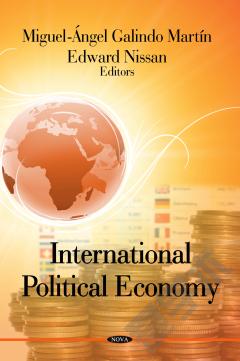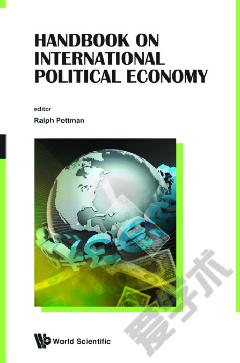International Political Economy
During the last century most of the economic literature and approaches were developed following closed macroeconomic models. The solution of the problems were “national”. Policy makers used fiscal, monetary policies or mixed fiscal-monetary policies to improve the situation. The exchange rate policy was considered as a supplement measure to use in case of necessity. During the 1980´s and especially 1990´s this view changed drastically. A policy coordination was considered as a positive condition to achieve national objectives. If there is not such coordination, the positive effects of some national policies are reduced and sometimes eliminated. On the other hand, a globalisation process had arisen. A free capital, persons and goods movement were pursued considering the fact that it is economic growth enhancing and a suitable way to solve employment and production problems. Due to this situation it was necessary to develop models including variables about trade and relations among countries.For this reason, an analysis of the international political economy is a relevant topic to be considered when it is studied in the relation to the countries. Several and different issues can be considered in these kinds of studies, as we can see in the chapters of this book.
{{comment.content}}








 京公网安备 11010802027623号
京公网安备 11010802027623号